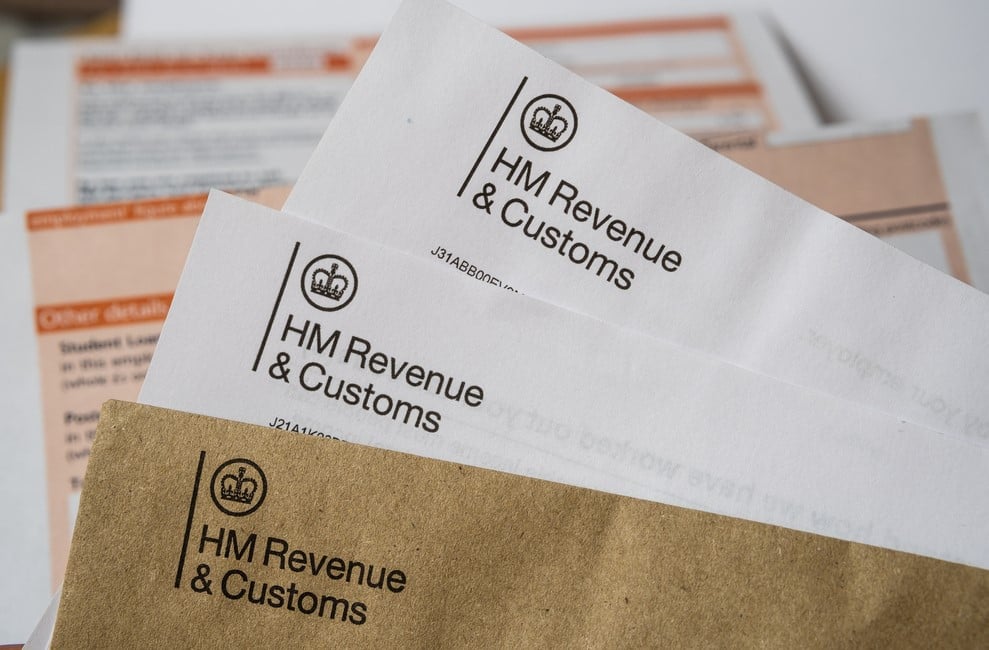Comprehending Your HMRC Nudge Letter: Essential Tips!
Receiving a letter from HM Revenue & Customs can often send waves of anxiety throughout anyone’s day. Typically, these correspondences appear in several forms, but one type that might arrive in your mailbox is the dubbed “nudge letter.” Formulated to remind or urge taxpayers about their fiscal responsibilities, particularly pertaining to undeclared income, grasping your HMRC nudge letter is vital to ensure that you’re satisfying your tax obligations effectually.
What exactly is an HMRC Nudge Letter?
A nudge letter from HMRC is fundamentally a preventive measure rather than an accusatory one. These letters are part of HMRC’s approach to encourage taxpayers to voluntarily correct any variations in their tax reports, especially focusing on foreign income that might not have been fully declared. Unlike formal audit letters, a nudge letter does not imply there is an continuing investigation into your tax affairs. Instead, it serves as a gentle prompt that HMRC has data implying there might be undeclared income.

What’s the reason Did You Receive This?
If you’ve come across one of these letters in your post, it is likely because HMRC has obtained details that potentially contradicts with the information you’ve provided, or implies there could be extra income sources that need to be considered. Typical triggers for dispatching a nudge letter include differences seen in the information reported by foreign tax authorities or financial institutions about overseas income.
Understanding the Content
The key content of a nudge letter usually includes a notice about the necessity of declaring all applicable revenues; a prompt that mistakes should be rectified; and sometimes, links to guides on how to go about disclosing undisclosed income. It’s essential to review the details noted about the suspected undisclosed income thoroughly and ascertain whether it relates to your situation.
Subsequent Steps: What Must You Do?
Upon getting a nudge letter, taking active measures is essential:
Examine your Tax Returns: Double-check your previous returns to confirm all income sources were reported correctly. Pay special focus to any overseas income.
Seek advice from a Tax Advisor: In case there is any kind of doubt about how to move forward or if amendments are necessary, consulting with a tax professional could provide clearness and advice.
Reply Promptly: Adhere to any kind of directions provided in the letter regarding due dates for reply. Engaging collaboratively with the HMRC can often prevent additional issues or queries.
Fix All Errors: If you uncover oversights or missing information, opt for immediate action to remedy it. This commonly entails submitting amended returns and joining forces fully with HMRC.
Avoidance is More desirable Over Solution
To steer clear of future HMRC prompt letters, keeping thorough and exact records of all domestic and foreign income is sensible. Consistently updating tax filings and making sure complete transparency can help evade the stress associated with such checks from the tax authorities.
Moving through tax affairs may seem overwhelming, especially when it involves intricacies such as foreign earnings. However, comprehending why you got an HMRC prompt letter and knowing how to react effectively can not only help in resolving likely issues swiftly but also bolster your loyalty to meticulous fiscal compliance. Remember, HMRC employs these letters to assist taxpayers in staying on track rather than fining them without prior notice.
For more info about HMRC letter you can check this useful web portal
